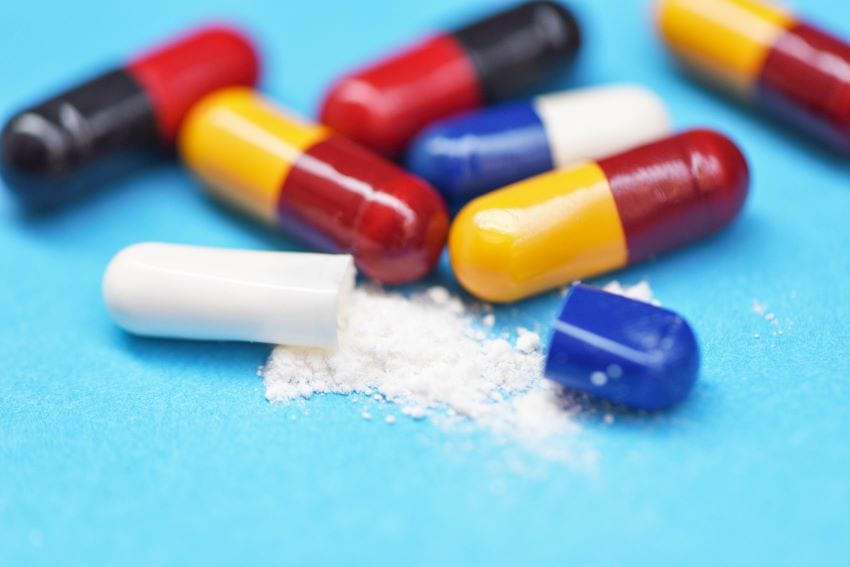
The National Council on Substance Abuse (NCSA) is monitoring anecdotal reports of new psychoactive substances (NPS) and Lean (a cough-syrup based mixture) in Barbados.
And, Minister of Home Affairs, Edmund Hinkson, is calling for greater collaboration between agencies in an effort to ensure that there is more accurate reporting on the drug situation across the country.
He made this call today as he addressed a press conference to release the findings of the Barbados Drug Information Network (BARDIN) Report for the years 2017 and 2018, at the NCSA’s Belleville, St. Michael headquarters.
“While there are no statistics from BARDIN to indicate the presence of new psychoactive substances in Barbados, the NCSA is aware of anecdotal reports which suggest the presence of drugs within this category, such as synthetic marijuana (K2, Spice).
“Similarly, anecdotal reports are also suggesting the use of Lean among the youth. Though not a new psychoactive substance, this cough-syrup based mixture can have dangerous effects,” he said.
Describing Lean as a “recreational drug”, Minister Hinkson explained that it is also known as “purple drank”, and is being used among young people in Barbados, having originated in the United States. He said it is known to cause seizures and addiction.
He further noted that a report published by the United Nations Office on Drugs and Crime in January this year, also highlighted the fact that 120 countries and territories reported the emergence of 950 individual NPS, belonging primarily to six groups, based on their mode of action.
“That is classic hallucinogens, dissociatives, sedatives, hypnotics, stimulants, synthetics cannabinoid receptor agonists and synthetic opioids,” he stated.
Mr. Hinkson explained that NPS were a range of drugs that were designed to mimic established illicit drugs such as marijuana, cocaine, ecstasy and LSD.

“They are ‘new’ to the market and are not controlled by the 1961 United Nations Single Convention on Narcotic Drugs or the 1971 United Nations Convention on Psychotropic Substances. The intention is to create a ‘legal high’,” he outlined.
Mr. Hinkson said efforts were made last year to improve and expand BARDIN, through the signing of a memorandum of understanding between the NCSA and Network members to formalise the reporting obligations of all involved.
He added that standardised data collection forms to facilitate trend analysis was also implemented, along with the launch of a pilot project spearheaded by the Organization of American States to expand the number of contributing agencies and the scope of data collected.
These initiatives saw the Financial Intelligence Unit coming on board, and increased data from treatment centres and the Royal Barbados Police Force.
“I encourage other departments to join the BARDIN ranks in an effort to provide a wider view of the local drug situation. In particular, tertiary health care providers, such as the Queen Elizabeth Hospital,” he said.
BARDIN forms part of a regional surveillance network to strengthen the capacity of governments, technical entities and local agencies to respond to changing patterns of drug use and substance abuse in the Caribbean.
